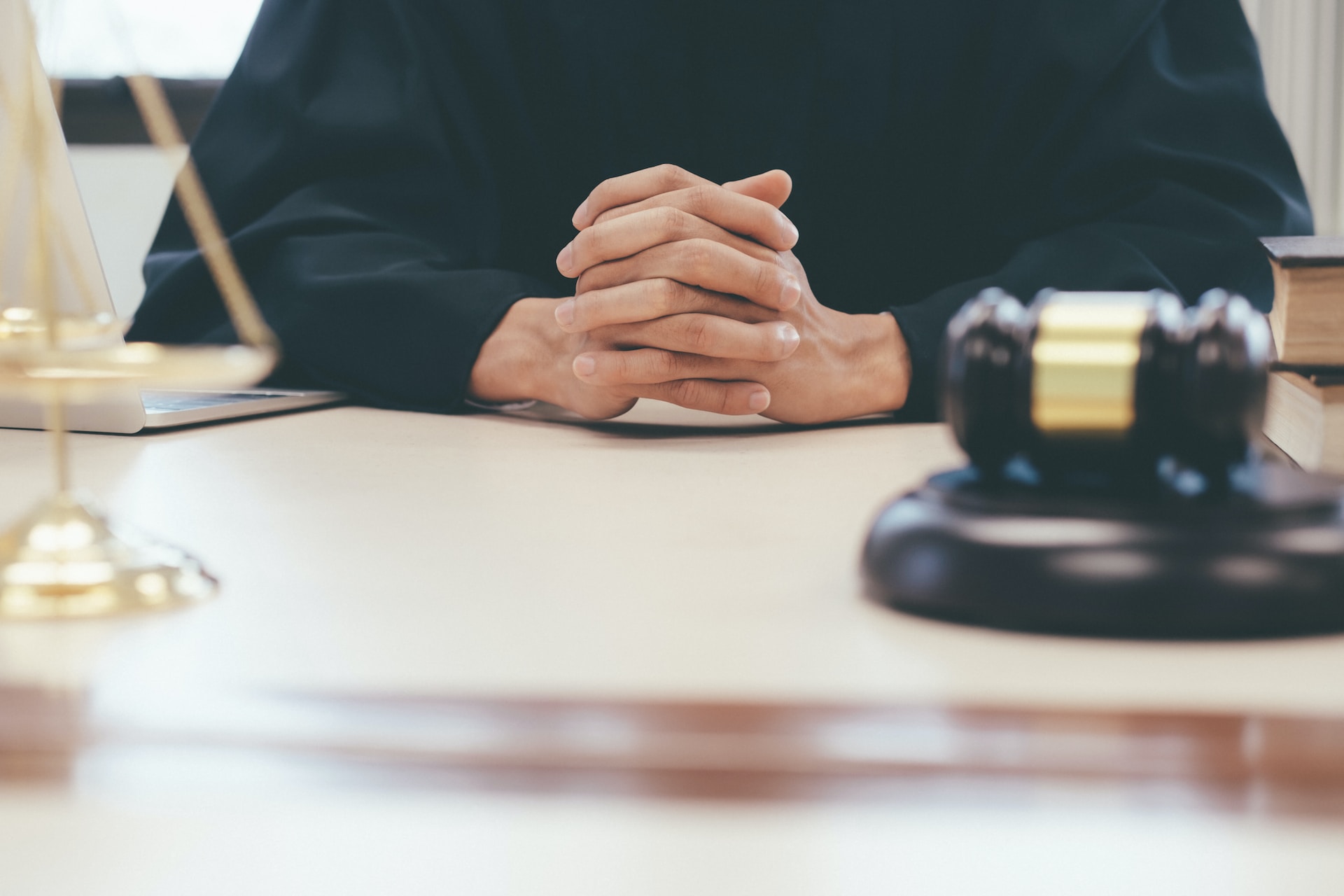Nursing homes are pivotal in ensuring that older adults are treated with respect and dignity. They are responsible for offering the essential support they require with basic life activities. However, these living facilities are not exempt from abuse.
The mistreatment of elderly individuals in these long-term settings is deeply concerning and needs to be addressed promptly. This blog helps you to acknowledge various types of nursing home abuse and its root causes in detail.
What is Nursing Home Abuse?
Nursing home abuse refers to the alarming situation where residents living in care facilities are harmed by their caretakers. It encompasses both deliberate and unintentional mistreatment that has lasting consequences on individuals. Whether it’s neglect or physical, emotional, financial, or sexual abuse, it can result in traumas, medical emergencies, and even death.
If you suspect that your dear ones are victims of elder exploitation, you need to notify the incident to the higher authorities. For that, Boca Raton nursing home abuse lawyer offers you the professional assistance you demand. With a complete understanding of Florida laws related to nursing home practices, an expert team can safeguard your family’s legal rights.
Types of Nursing Home Abuse
The National Library of Medicine shows that 2.5 million vulnerable individuals living in adult care facilities have a higher risk for exploitation and neglect than older persons who live at home. Each form of abuse has a potential impact on the physical or mental well-being of elderly residents in care settings.
It’s vital to acknowledge different types of nursing home abuse to take efficient preventive measures accordingly. Let’s briefly discuss various categories of mistreatment in the following section.
Physical Abuse
Physical abuse involves any mistreatment that leads to physical pain, injuries, cuts, bruises, or any impairment. Warning signs of physical exploitation may include:
- Loss of appetite
- Insomnia
- Black eyes
- Burns on the skin
- Weight loss
- Unexplained hair loss and more.
Keep in mind that not all the indications of physical abuse are readily apparent. In some situations, the care providers do not offer adequate food, water, or medication to the elderly residents. It results in dehydration and a lack of important body nutrients that cause physical deterioration and distress.
24.3% of the respondents in a survey confirm that a large number of older adults are subject to one or more types of physical abuse in nursing homes.
Common examples of physical abuse include:
- Hitting or kicking,
- Slapping
- Pushing
- Burning the skin
- Tripping
- Shoving
- Use of restraints excessively.
Emotional or Psychological Abuse
Emotional abuse is marked by verbal or nonverbal acts that result in mental stress, anguish, and distress in residents. In this psychological exploitation, the staff member or other individuals cause intentional harm to the self-esteem or mental well-being of the residents. A National survey of nursing home staff shows that 40% agreed that they psychologically abuse their patients.
Signs of this nursing abuse might be more challenging to detect. It may include depression, anxiety, withdrawal, loss of interest, fearfulness, agitation, and unusual behavior change. Emotional abuse includes:
- Verbal threats
- Yelling
- Limiting resident’s freedom
- Humiliation
- Intimidation
- Isolation from others
- Manipulation
- Ignoring the resident
Sexual Abuse
Sexual abuse is an intentional attempt to make sexual contact with elderly people without their consent. This type of malicious treatment can be extremely traumatic and violates the resident’s rights. It can be committed by care center staff, other residents, or visitors.
The effects of sexual abuse are extensive and can affect the resident physically, mentally, or emotionally. Indications might include:
- Bruises
- Emotional withdrawal
- Fear of intimacy
- Unexplained pelvic pain
- Frequent urinary tract infections
- Pain in walking and sitting
- and signs of post-traumatic stress disorder (PTSD)
Common forms of sexual abuse are:
- Non-consensual sexual contact
- Unwanted touching
- Groping
- Coerced nudity
- Rape or sodomy
- Sexual harassment
- Exposure to pornographic material
Financial Abuse
Financial abuse refers to the intentional misuse of funds, property, and assets of elderly residents in elder care settings. This unauthorized use of finances can have devastating consequences for the victims. This type of nursing home exploitation can be identified by signs like:
- Sudden changes in spending habits,
- Missing belongings,
- and unexplained financial transactions.
Various forms of financial abuse are:
- Stealing money or belongings
- Forging resident’s signatures
- Exploiting trust for financial gain
- Misusing credit cards
- Manipulating residents to sign financial documents
- Identity theft
- Misuse of guardianship
Neglect
Neglect occurs when the caretaker does not deliver the required supervision, care, and support to the residents. Whether due to choice or accidental oversight, neglect harms the overall well-being of individuals. It includes ignoring the elderly’s basic needs and compromising the well-being of the individuals. Warning signs include:
- Malnutrition
- Dehydration
- Untreated medical conditions
- Bedsores
- Infections
- or missed medications.
Neglect has various forms, which are discussed in the following section:
- Failure to provide adequate nutrition
- Poor hygiene and cleanliness
- Unavailability of medical care
Causes of Nursing Home Abuse
Understanding the root cause of nursing home abuse helps in taking the right preventive measures accordingly. Here are some factors that contribute to this issue:
- A lack of staff training and supervision in elder care centers.
- Caregiver burnout
- Understaffing in nursing homes
- Poor Hiring Practices
Conclusion
Nursing home abuse is a malicious practice that needs to be addressed immediately. If your family members are victims of any type of care center exploitation, taking legal action against the abuse is essential to protect their safety. For that, the Boca Raton Nursing Home Abuse Attorney makes a significant difference. We investigate the neglect or abuse keenly and advocate for your loved one’s rights. So, why wait? Schedule a free consultation with us now!

